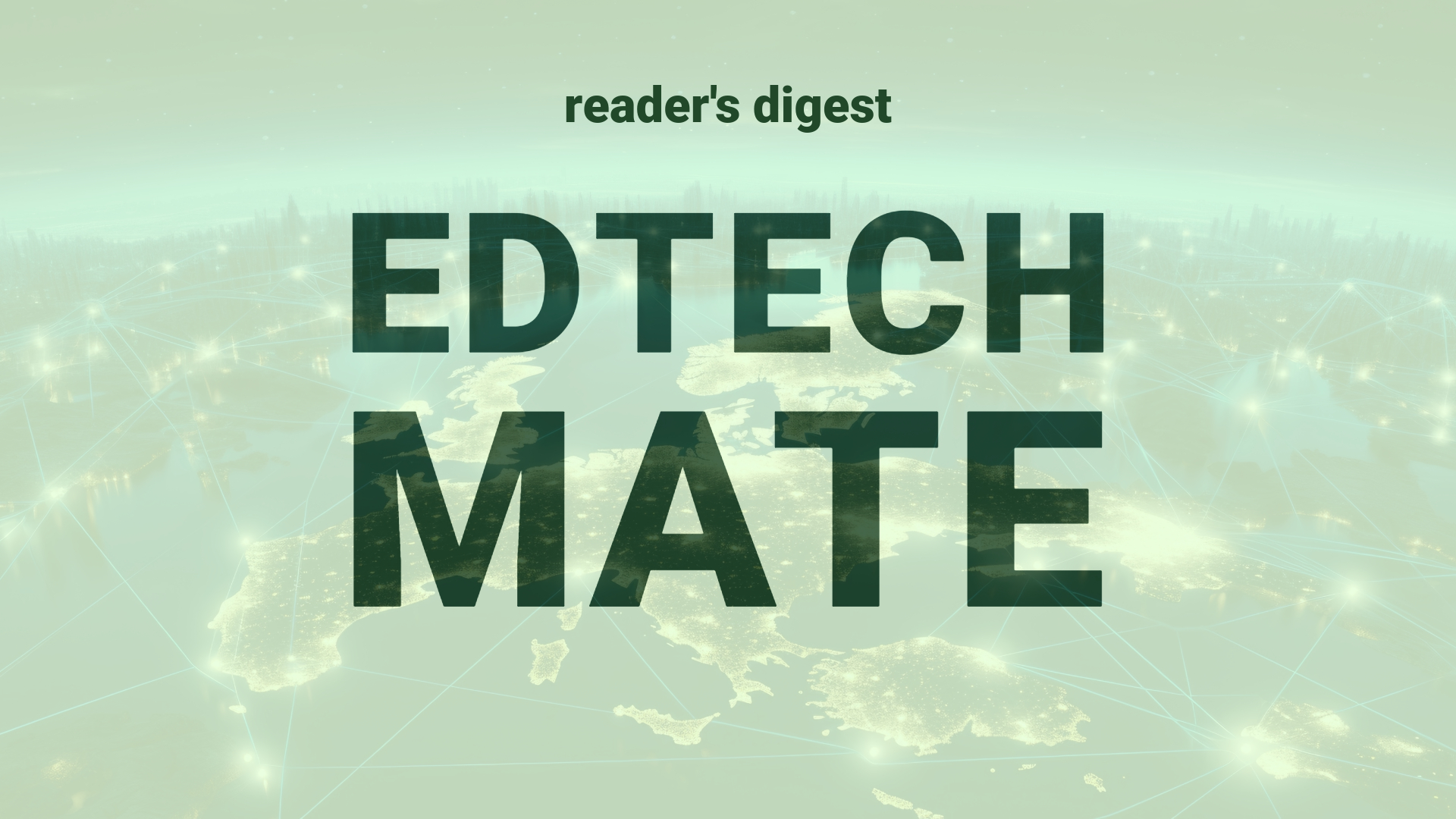“`html
Executive Summary and Main Points
The landscape of technology roles, particularly in the IT sector, continues to face a diversity dilemma, with women and minorities underrepresented. Despite ongoing national conversations about gender imbalances in IT, women held only 21% of computer science degrees in 2020, a decline from the historical peak of 29% in 1995. Trends in workforce attrition have seen women leaving their tech jobs at a higher rate compared to their male counterparts, resulting in a recent dip in women’s representation to pre-pandemic figures. In response to this disparity, a growing network of organizations has emerged, aiming to provide support, mentorship, education, and advocacy for women and minorities in tech. These entities promote access, skill development, networking opportunities, and inclusivity in the IT industry, focusing on empowering individuals from diverse backgrounds to participate and advance within the sector.
Potential Impact in the Education Sector
The initiatives led by these organizations could profoundly influence Further Education and Higher Education, potentially increasing the number of female and minority students pursuing STEM degrees by enhancing their access to resources and mentorship. Additionally, these entities may affect the proliferation of Micro-credentials, encouraging more personalized and inclusive learning pathways. Strategic partnerships between education institutions and tech organizations can drive digitalization efforts and promote a diverse talent pipeline into the workforce.
Potential Applicability in the Education Sector
To foster inclusivity, AI and digital tools can support personalized learning journeys, bias-free recruitment, and mentorship matching in global education systems. Implementing AI-driven platforms that intelligently pair women and minorities with mentors, provide accessible learning materials, and offer support networks can reinforce their presence in STEM fields. By integrating these technologies, educational institutions can contribute to a cultural shift towards a more diverse and inclusive tech industry.
Criticism and Potential Shortfalls
Despite the positive intentions of these organizations, there remain substantial barriers and systemic issues that could undermine their efforts. Criticisms hinge on the potential for tokenism, superficial commitments to diversity without substantial structural change, and a lack of scalable and sustainable outcomes. Cultural and ethical implications, especially concerning data privacy and AI bias, must be addressed. Comparative international case studies show variations in success rates, emphasizing the need for contextual approaches to diversity and inclusion efforts.
Actionable Recommendations
Higher education leadership should actively engage with these organizations to facilitate workshops, mentorship programs, and collaborative projects. They should support curriculum development that incorporates inclusivity and leverages AI and digital tools to provide equitable access to education. Furthermore, leadership can invest in research to assess the effectiveness of such initiatives and adapt strategies accordingly. Building strategic alliances with industry partners can also lead to internships and career opportunities for underrepresented cohorts, fostering a culture of diversity and innovation within global higher education systems.
“`
Source article: https://www.cio.com/article/215709/16-organizations-for-women-in-tech.html

